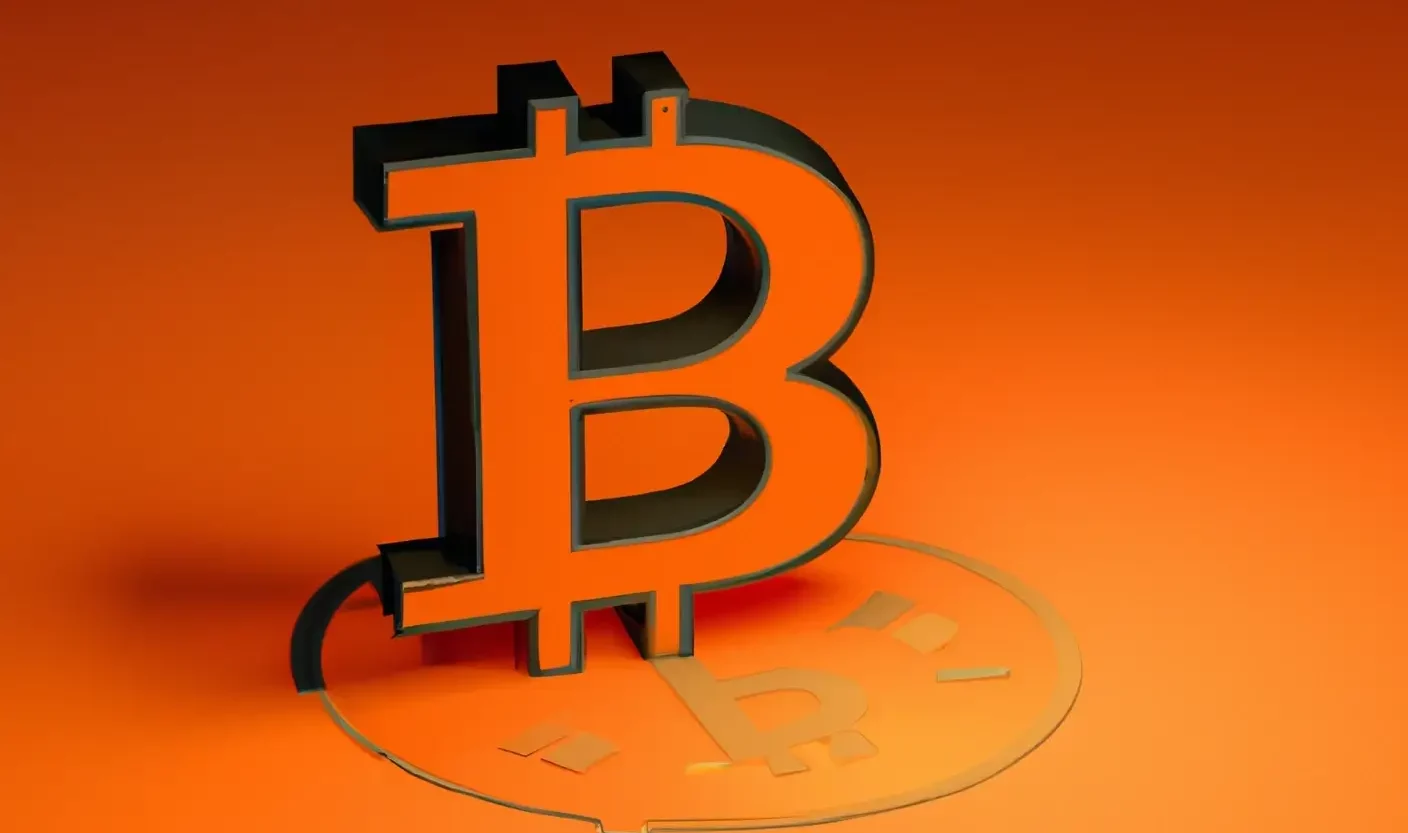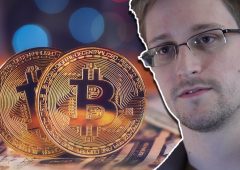Is Hong Kong Going to Add Bitcoin as a Financial Reserve?
29.07.2024 9:30 1 min. read Alexander Stefanov
Hong Kong legislator Johnny Ng is considering the potential of adding Bitcoin to the city’s financial reserves. This idea emerged following former US President Donald Trump’s proposal at the Bitcoin 2024 conference to create a US Bitcoin reserve.
Ng acknowledged the growing acceptance of Bitcoin and its status as “digital gold,” suggesting that integrating it into Hong Kong’s reserves could be beneficial. He emphasized that any such move would need to align with existing regulations.
“I will assess the viability of including Bitcoin in our reserves and will keep the public informed,” Ng said.
This proposal is part of a broader trend where Bitcoin supporters encourage its adoption by governments and businesses as a hedge against inflation. Companies like MicroStrategy have already invested in Bitcoin for this purpose.
Ng also noted the importance of Web3 technology in global development and urged Hong Kong to advance its Web3 ecosystem to attract talent and investment. He believes that the city’s regulatory framework needs to evolve to remain a competitive crypto hub, especially in contrast to China’s restrictive stance on digital currencies.
-
1
Bitcoin Hashrate Declines 3.5%, But Miners Hold Firm Amid Market Weakness
27.06.2025 21:00 2 min. read -
2
Trump-Linked Truth Social Pushes for Bitcoin-Ethereum ETF as Crypto Strategy Expands
25.06.2025 19:00 2 min. read -
3
Bitcoin’s Price Closely Mirrors ETF Inflows, Not Corporate Buys
26.06.2025 11:00 2 min. read -
4
Crypto Company Abandons Bitcoin Mining to Focus Entirely on Ethereum Staking
26.06.2025 20:00 1 min. read -
5
Bitcoin Hits New All-Time High Above $112,000 as Short Squeeze and Tariffs Fuel Rally
10.07.2025 0:35 2 min. read
Peter Schiff Warns of Dollar Collapse, Questions Bitcoin Scarcity Model
Gold advocate Peter Schiff issued a stark warning on monetary policy and sparked fresh debate about Bitcoin’s perceived scarcity. In a pair of high-profile posts on July 12, Schiff criticized the current Fed rate stance and challenged the logic behind Bitcoin’s 21 million supply cap.
Bitcoin Price Hits Record Highs as Exchange Balances Plunge
A sharp divergence has emerged between Bitcoin’s exchange balances and its surging market price—signaling renewed long-term accumulation and supply tightening.
What’s The Real Reason Behind Bitcoin’s Surge? Analyst Company Explains
Bitcoin touched a new all-time high of $118,000, but what truly fueled the rally?
Bitcoin Lesson From Robert Kiyosaki: Buy Now, Wait for Fear
Robert Kiyosaki, author of Rich Dad Poor Dad, has revealed he bought more Bitcoin at $110,000 and is now positioning himself for what macro investor Raoul Pal calls the “Banana Zone” — the parabolic phase of the market cycle when FOMO takes over.
-
1
Bitcoin Hashrate Declines 3.5%, But Miners Hold Firm Amid Market Weakness
27.06.2025 21:00 2 min. read -
2
Trump-Linked Truth Social Pushes for Bitcoin-Ethereum ETF as Crypto Strategy Expands
25.06.2025 19:00 2 min. read -
3
Bitcoin’s Price Closely Mirrors ETF Inflows, Not Corporate Buys
26.06.2025 11:00 2 min. read -
4
Crypto Company Abandons Bitcoin Mining to Focus Entirely on Ethereum Staking
26.06.2025 20:00 1 min. read -
5
Bitcoin Hits New All-Time High Above $112,000 as Short Squeeze and Tariffs Fuel Rally
10.07.2025 0:35 2 min. read


